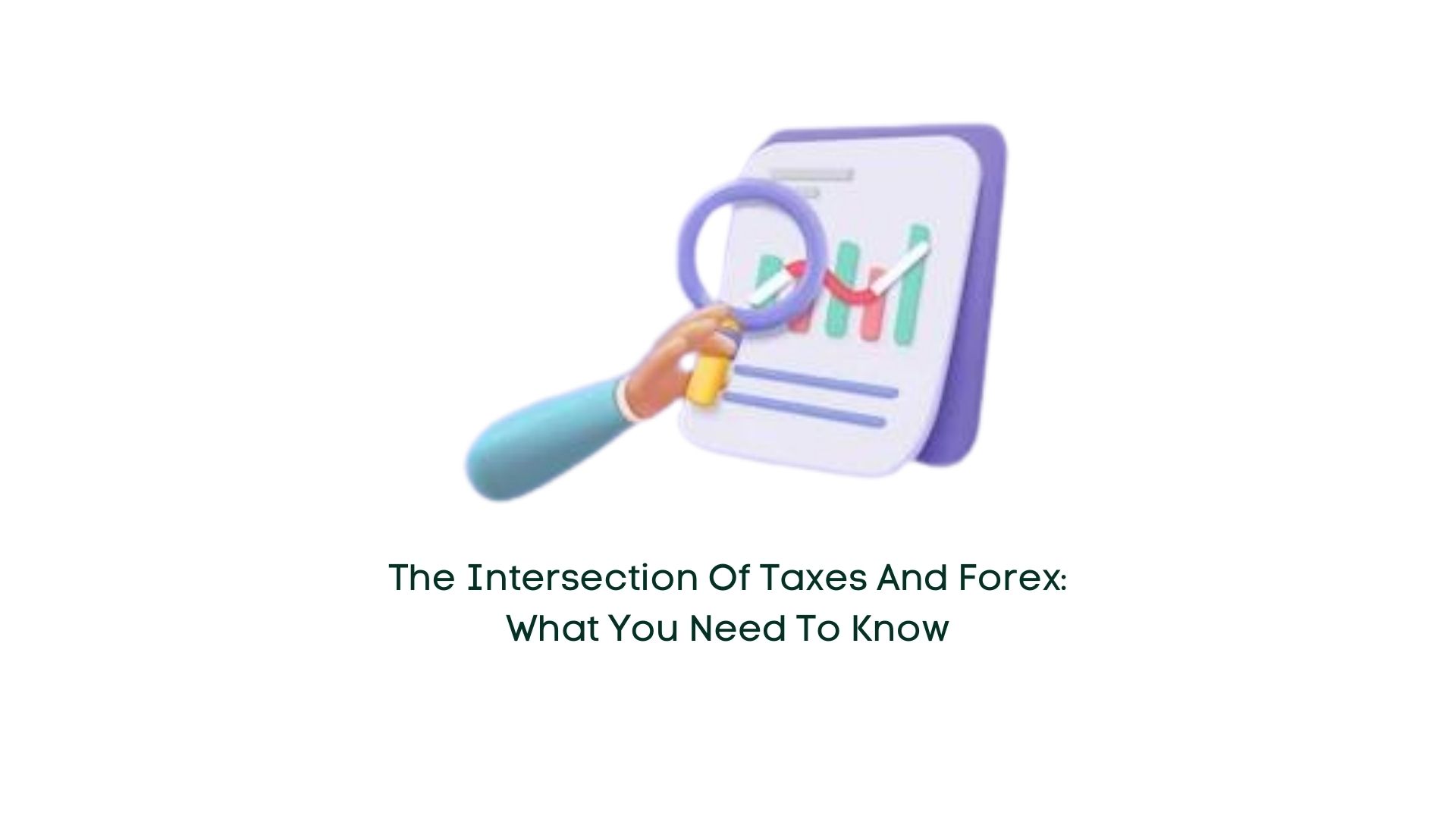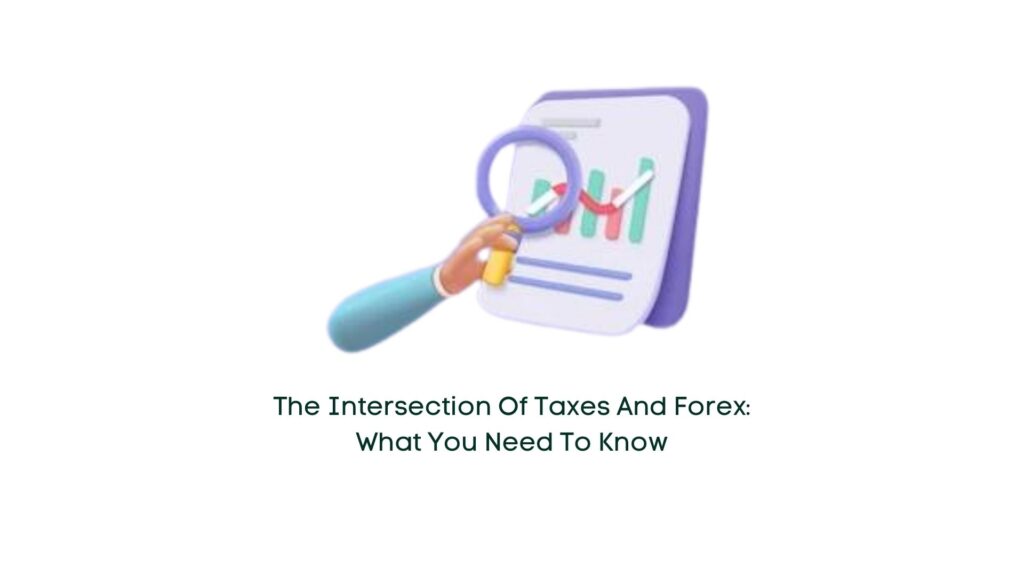
28 Feb The Intersection of Taxes and Forex: What You Need to Know

In the vast realm of global finance, Foreign Exchange (Forex) stands as a prominent arena, offering boundless opportunities for individuals seeking to engage in currency trading. This article delves into the tax implications surrounding Forex transactions, shedding light on the pertinent aspects that every investor should comprehend.
Introduction to Forex:
Forex, short for Foreign Exchange, serves as a dynamic marketplace where international currencies and derivatives are traded. It facilitates the conversion of one currency into another, driven by various motives including business transactions, tourism, or personal endeavors. The exchange rates in Forex, determined by the global market, play a pivotal role in shaping the value of currencies.
Foreign Exchange Trading:
Foreign Exchange Trading involves the buying and selling of currencies, a process characterized by its high volatility due to frequent fluctuations in price quotes. Traders employ diverse strategies such as hedging and speculation, utilizing instruments like forward and futures contracts. Notably, trading in Forex offers round-the-clock accessibility and high liquidity, enabling participants to capitalize on currency fluctuations.
Capital and Current Account Transactions:
Under the Liberalized Remittance Scheme, individuals engage in two types of transactions: capital and current accounts. Capital account transactions encompass activities like acquiring property abroad, opening foreign currency accounts, or investing in shares, while current account transactions include purposes such as education, medical treatment, or employment overseas.
Tax Implications on Forex Transactions:
Taxation on Forex transactions falls under both Income Tax and GST regimes, with regulations designed to ensure compliance and facilitate ease of calculation. Notably, recent amendments have brought changes in tax provisions, particularly under GST, impacting the taxable value of Forex transactions.
Income Tax Provisions:
Under Section 206C(1G) of the Income Tax Act 1961, specified limits dictate the applicability of Tax Collected at Source (TCS) on Forex transactions. Transactions exceeding the prescribed threshold attract TCS at varying rates, necessitating adherence to tax obligations and filing of Income Tax Returns for refund or offsetting.
GST Provisions:
GST levies taxes on the taxable portion of Forex transactions, with methodologies for calculating the value of supply outlined for clarity. Whether transactions involve Indian Rupee or foreign currencies, GST obligations are determined based on predefined criteria, ensuring consistency and transparency in tax assessments.
Conclusion:
In conclusion, while taxation on Forex transactions exists under both Income Tax and GST frameworks, the regulations are structured to facilitate compliance and simplify calculations. Understanding the specified limits, rates, and methodologies for tax assessment is imperative for individuals engaging in Forex activities, ensuring adherence to regulatory requirements and fostering financial transparency.


No Comments